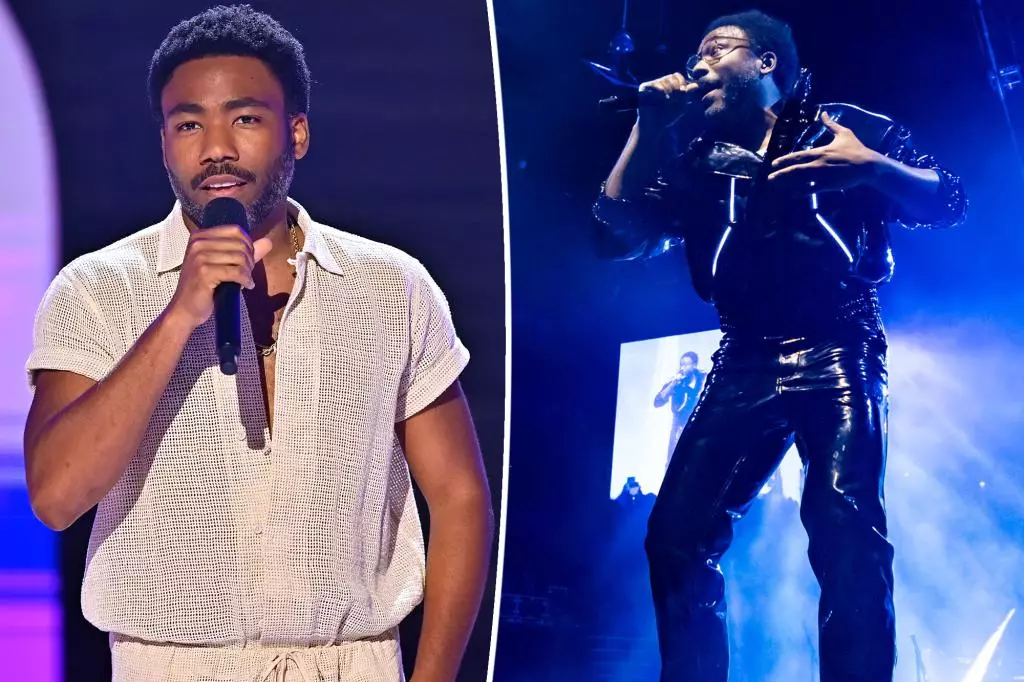Donald Glover, the acclaimed multi-talented artist known for his work as Childish Gambino, has made headlines for a sobering reason: the cancellation of his highly anticipated New World Tour. This announcement comes after he was hospitalized for a mystery illness following a performance in New Orleans, an abrupt detour in what was expected to be a triumphant celebration of his musical legacy. The abrupt nature of this development is a stark reminder of the unpredictability of health and its potential to derail even the most carefully laid plans.
In a heartfelt message shared on social media platform X, Glover explained, “After my show in New Orleans, I went to the hospital in Houston to make sure of an ailment that had become apparent.” His commitment to transparency, coupled with a clear expression of gratitude toward his supporters for their love and privacy, demonstrates a deep understanding of the bond artists share with their fan base. Yet, it also raises questions about the pressures placed on entertainers to perform despite personal struggles. His statement emphasizes the precarious balance between an artist’s professional obligations and their personal wellbeing.
Glover’s New World Tour was not just another series of concerts; it marked a poignant farewell to his tenure under the Childish Gambino persona. This metaphorical “goodbye” followed the release of his album “Atavista,” a reworked project showcasing his growth and evolving artistic vision. The significance of this tour is not lost on fans, many of whom viewed it as a culmination of Glover’s artistic journey. Thus, the cancellation is not merely a logistical setback; it represents a deeper, emotional void for both Glover and his followers.
The decision to put his tour on hold highlights an increasingly recognized truth in the entertainment industry—health must trump career ambitions. Glover’s acknowledgment of needing surgery and his determination to focus on his healing process showcase a crucial shift in perspective. As artists often grapple with maintaining their schedules and fulfilling commitments, Glover’s priorities serve as a reminder of the necessity of self-care, even in a demanding field.
As the music industry continues to evolve, the way artists approach their health will likely also shift. For fans eagerly awaiting performances that embody their favorite creative works, it is essential to embrace the understanding that their idols are human too. Refunds for tickets will offer some comfort, but the emotional resonance of Glover’s decision to prioritize his health will linger long after the final notes of his tour might have played.
Ultimately, Donald Glover’s situation is a telling example of the importance placed on mental and physical health within a high-pressure industry. It’s a narrative of resilience and responsibility. As fans await his return, they will undoubtedly renew their appreciation for the artistry that has enriched their lives, understanding that true artistry often comes hand in hand with vulnerability.

